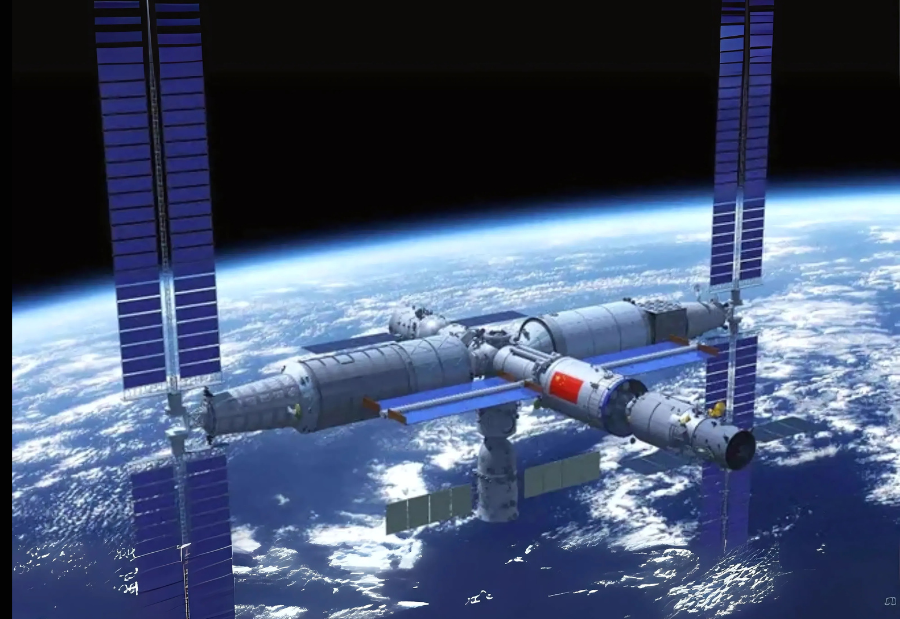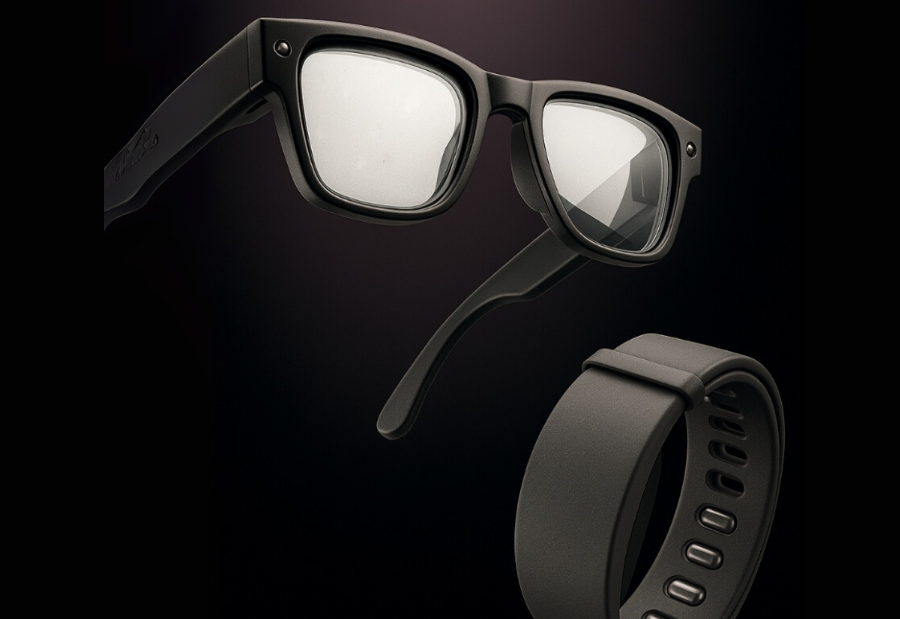China has unveiled its first artificial intelligence chatbot aboard the Tiangong space station, designed to assist astronauts in navigation, planning, and complex mission support. The chatbot, named Wukong AI, went live on July 15 and has already played an active role in its first space mission this month.
Wukong AI is named after Sun Wukong, the legendary Monkey King from Chinese mythology, a figure known for intelligence, adaptability, endurance, and the pursuit of knowledge. Wukong chatbot is expected to enhance the efficiency and safety of astronauts, also known as taikonauts, as they carry out spacewalks and other in-orbit tasks.
The Wukong system has been built as a question-and-answer large language model with two connected modules. One operates directly aboard the Tiangong station, assisting astronauts in real-time problem solving. The second is a ground-based module that performs deeper analysis, ensuring more advanced mission support. Together, the modules create an intelligent assistant that adapts to the challenges of space exploration.
Zou Pengfei from the taikonaut training centre explained, “This system can provide rapid and effective information support for complex operations and fault handling by crew members, improving work efficiency, in-orbit psychological support, and coordination between space and ground teams.”
Wukong AI was developed using a domestic open source model, trained extensively on aerospace flight data, and further refined by engineers to meet the specific needs of China’s manned space programme. Reports confirm that the chatbot supported a recent six and a half hour mission, where astronauts completed a spacewalk, installed debris protection devices, and carried out routine inspections of the station.
This marks the first time that China has deployed a large language model on its space station, highlighting its ambitions in the global space race. The timing comes as competition intensifies internationally, with countries including India increasing investments in space technology, while the United States and Russia advance projects such as nuclear power systems for lunar exploration.
Beyond immediate mission assistance, the Tiangong station also functions as a microgravity laboratory for experiments not possible on Earth. Future plans suggest it will also play a role in logistics and astronaut training.
Also read: Viksit Workforce for a Viksit Bharat
Do Follow: The Mainstream formerly known as CIO News LinkedIn Account | The Mainstream formerly known as CIO News Facebook | The Mainstream formerly known as CIO News Youtube | The Mainstream formerly known as CIO News Twitter |The Mainstream formerly known as CIO News Whatsapp Channel | The Mainstream formerly known as CIO News Instagram
About us:
The Mainstream formerly known as CIO News is a premier platform dedicated to delivering latest news, updates, and insights from the tech industry. With its strong foundation of intellectual property and thought leadership, the platform is well-positioned to stay ahead of the curve and lead conversations about how technology shapes our world. From its early days as CIO News to its rebranding as The Mainstream on November 28, 2024, it has been expanding its global reach, targeting key markets in the Middle East & Africa, ASEAN, the USA, and the UK. The Mainstream is a vision to put technology at the center of every conversation, inspiring professionals and organizations to embrace the future of tech.




